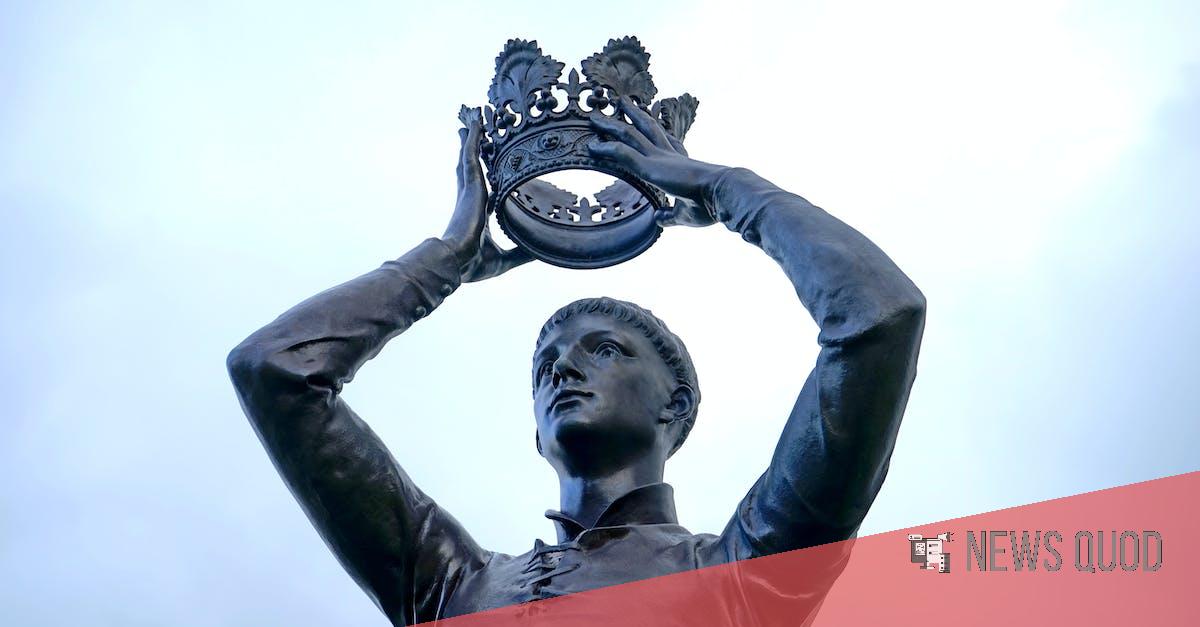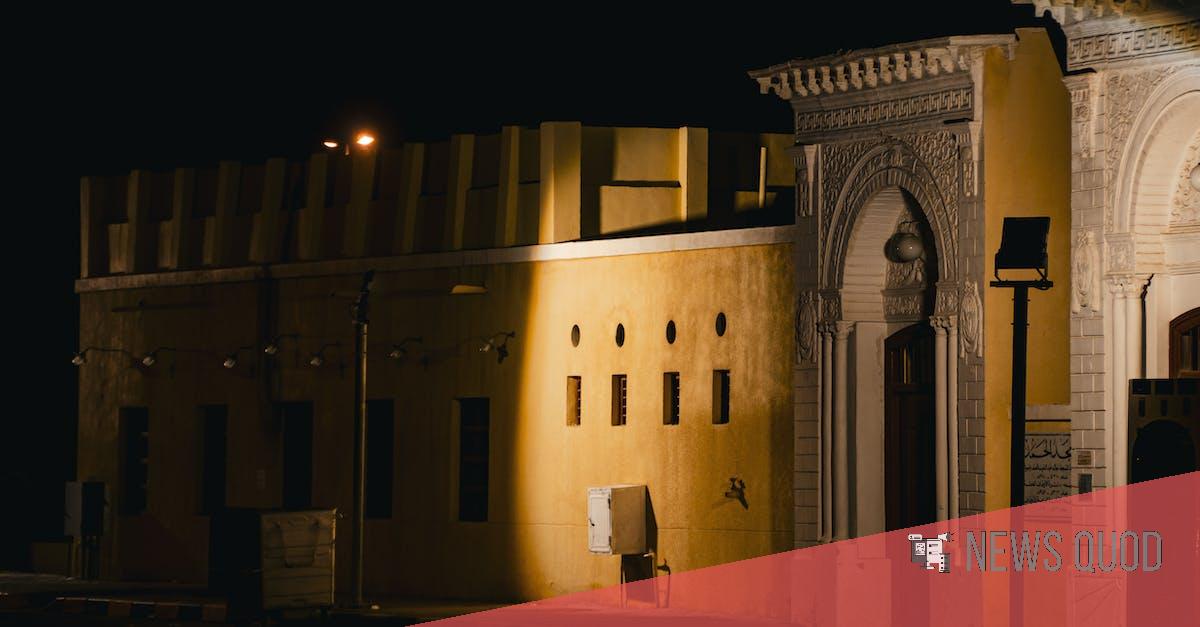King Charles: A look back at his life and career

The Holocaust is among the most tragic events in human history. A staggering number of people were murdered in a war of genocide and millions more were forced to flee. The world has learned many lessons from the Holocaust and one of the most crucial is that of not forgetting. The year 2017 marks the 75th anniversary since the liberation of Auschwitz as well as the need to use this occasion to remember all the victims of the Holocaust as well as to make a commitment to battling bigotry and hate in all its forms. Charles, also known as the Prince of Wales, has been an outspoken supporter for Holocaust education and remembrance. He’s visited Auschwitz multiple times, including an iconic trip in 2020.
1. How did Charles’s trip to Israel go?
The King Charles his visit to Israel was an overwhelming achievement. He met with important Israeli leaders, including the Prime Minister Benjamin Netanyahu. They discussed many topics such as Israel’s unique relations with and the United Kingdom. King Charles enjoyed the chance to explore some of Israel’s most iconic sites, including the Western Wall and the Temple Mount. This was an historic occasion for both nations, and the hope is that it could help enhance the relationship between the two countries.
2. What are some issues that Charles has spoken up about?
King Charles has been a outspoken opponent of a variety of issues that affect Britain currently. He has spoken out against economic austerity and called for greater government funding for social welfare programs. He also has been critical about the administration’s handling of the Brexit discussions and has called for a more conciliatory approach. Charles is also a fervent proponent of environmental causes, and calls for greater measures to tackle the issue of climate change.
3. What is the way in which the British monarchy work?
British monarchy refers to a system of government in which one of the monarchs from the British royal family reigns supreme for the United Kingdom of Great Britain or Northern Ireland. The monarch is supreme ruler and head of the army Their powers are constrained by the constitution. Queen Elizabeth II is currently the monarch, and is in place since 1952. The monarchy works on the principle of parliamentary sovereignty, whereby the powers of the monarch are limited by the Parliament. The Parliament is comprised of the House of Commons, which is elected by the people, and the House of Lords, which comprises hiseditary peers and clergy of the highest rank. Parliament is the body that makes laws which is then signed by the monarch into law.
A Brief Summary
The new British monarch has quite a bit on his plates. The British monarch of the future must be cautious on a wide range of subjects which include the way he will fulfill his head of state role. With a fresh Scottish independence vote and the prospect of a Northern Ireland Border poll on the near future, the stakes are extremely high. It is vital that the monarch maintain a good relationship with the British Jewish community and to improve his relations with Israel. How well he can build relationships with the people and win their support is the most important factor in the success or failure of his reign.








